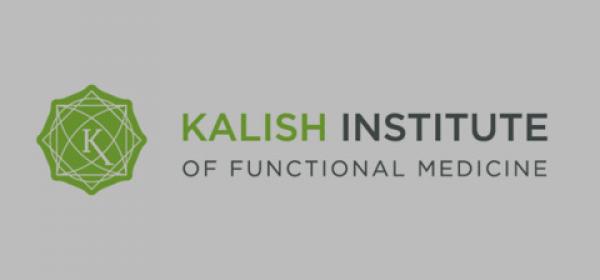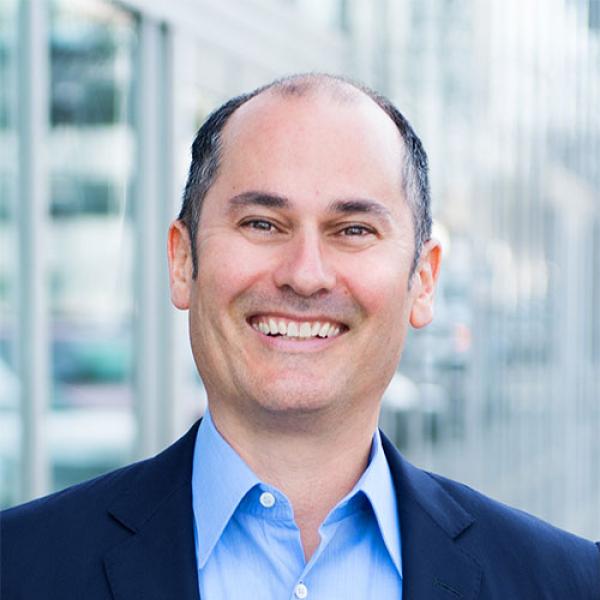
A radioactive spider bites a teenager. Your parents are murdered and you decide to avenge their deaths. Your planet is destroyed and your parents, wisely, at the last minute, toss you into a space capsule and eject you off your home planet to a corn field where a pleasant middle-aged couple find you. Everyone loves an origin story. Spiderman, Batman, Superman, for this installment we are going to take on the origins of functional medicine. I’m a functional medicine history buff. I feel a personal debt to the founders of my field and I believe it’s important for those coming into functional medicine now to understand its history and to learn about functional medicine from a view that stretches back in time. Kind of a know where you came from to understand where you are going type perspective.
Learning about functional medicine and the history and origins of the work takes us back to the 1950’s, 1960’s and 1970’s. During that era certain progressive healers were starting to look at “natural medicine” or “alternative medicine” (the practice of medicine that generally eschews prescription drugs and surgery) from a new light. Discoveries were being made left and right about the nature of our bodies and the nutrients we need. At the University of Texas Austin campus bold steps were being taken by Roger Williams, PhD and his colleagues as they uncovered secrets of the body. The B vitamins were discovered. I totally wish I had a video of that! One of the UT Austin biochemists sticking his head out of his lab door and shouting down the hall, “Guys, guys, I just figured out the structure and function for pantothenic acid (vitamin B5).” How cool would that be?
As the growth of research continued and more and more was learned, supplement companies began to form to produce these new and special products. And with the product development and research findings came potential cures far beyond the concepts of preventing scurvy by giving people citrus fruits, we’re talking about a whole new paradigm for treating human disease based on diet and nutritional therapies.
Eventually lab testing companies started to form, Great Smokies Lab is often cited as one of the first along with Doctor’s Data. Metametrix was started, Diagnostechs and Genova labs followed. By the time I came on the scene in the 1980’s functional medicine as a profession had been launched. The reason all this happened was because a small and dedicated group of health care professionals started to use nutrients in the form of supplements, combined with herbal treatments that have for the most part been around for thousands of years and they wrapped all that into the new technology of the day - lab based data. Labs started to test amino acid levels, fatty acids, toxic metals, minerals, vitamins, anti-oxidants, hormones and so on. With access to lab data patient outcomes were improving and against all odds functional medicine as a profession grew and grew.
Jeffrey Bland, PhD is most often described as the founder of functional medicine. He coined the term and conducted regular seminars throughout the United States on various subjects such as GI health, immune health, hormone balance, detoxification and so on. Dr. Bland continues to offer inspiring lectures to this day. His enthusiasm and vision were contagious and groups of natural health practitioners followed his work and accepted his teachings and began to apply this emerging field to patients with chronic health problems.
Groups of chiropractors, naturopaths, PhD’s, MD’s, DO’s and LAc’s or OMD’s took up the calling. For the most part in those early years functional medicine attracted doctors that were already inclined to practice some form of alternative or natural medicine and were adding this new area to their treatment offerings. Lifestyle medicine combined with lab testing and an emphasis on nutritional supplements and herbs became the hallmarks of functional medicine. While many other groups of integrative or natural health care providers felt diet and lifestyle changes alone were sufficient, for the most part functional medicine doctors would recommend additional treatments.
I went to my first functional medicine doctor in 1982 in Yellow Springs, Ohio. I can picture his face but can’t remember his name, started with a T. He had kind of beady and intense eyes, was super skinny and told me my adrenals were burned out. I was just starting my undergraduate degree in physiology and psychology and was fascinated by all things natural. Natural farming techniques, natural medicine and the like. I took these adrenal supplements and felt quite a bit better, my newly developed allergies vanished and I began to ponder a career in this seemingly strange and eccentric area of medicine. In the 1990’s so much happened. New labs opened up, many new supplement companies were formed and more and more patients became interested in this type of treatment. It seems to me from the very beginning of functional medicine it’s been a patient led movement. With patients demanding alternatives to mainstream medicine and patients being willing to pay cash out of pocket for what they think are the best health care treatment choices.
In the 1990’s this small but dedicated group of doctors was pretty stable, new folks were continually coming in but there was nowhere near the stratospheric growth year to year we witness now. Functional medicine was very much a community of like-minded and outside the box thinkers attempting to figure out how to treat chronic illnesses that were non-responsive to traditional medical options. The mix of techniques in the field of functional medicine now reflects the mix of doctors that were involved in the early phases of the movement. For sure much knowledge was borrowed from naturopathic medicine and my two most influential teachers in the 1990’s were both licensed as ND’s. PhD’s in biochemistry, chemistry, physiology and related fields were often contributors to the research and development of the work like Dr. Bland. Many off the streets non-medical licensed folks started lab companies and supplement companies and led the entrepreneurial charge that was required to build a new industry. The Katke family the Lizzote family, the Timmins family, the Brawly family are just a few names than were at the forefront of new business development. Dr. Richard Lord, Dr. Illias, Drs. Wright, Gaby, Pizzorno, Murray and many more wrote books and built lab companies, naturopathic university programs and produced herbal medicines, all from scratch to serve this growing and vibrant community of practitioners.
Eventually in the 1990’s the Institute for Functional Medicine was formed as a unified teaching body and their faculty and executives began a formal training program. Dr. David Jones was a founding member, Dr. Mark Hyman is probably the best known in mainstream media circles as a founder of functional medicine having worked for years with IFM and then going on to start the Cleveland Clinic’s functional medicine department. In the last few years after studying under these icons in the field I’ve had the great privilege to join the IFM faculty as lead for their Practice Implementation programs and have joined my personal super heros as a teacher at IFM conferences. To name a few, Dr. Patrick Hanaway, Dr. Kristi Hughes, Dr. Joel Evans, Monqiue Class, Dr. Lisa Portero-Perry, the one and only Dr. Robert Roundree, Dr. Tom Sult, Tom Malterre, Dr. Jerry Mullins, Dr. Michael Stone, Dr. Dan Lucazer, and way way more folks I’m forgetting to mention. These IFM faculty through tireless efforts, endless travel, super endless powerpoint slide show development and sheer grit have hit the road leading educational conferences from Texas to China for over 20 years and have inspired and cajoled, uplifted and otherwise dragged new doctors into this field to fill the ranks.
I see functional medicine as a movement for social change. I see all these individuals who have built my fine professional as agents for social change and to a person they are dedicated at both an emotional and spiritual level primarily to the relief of human suffering and the advancement of medicine and in the process they have collectively created a new area of medicine, combined from many past era’s, that has the potential to save our current health care system through cost reduction and improved patient outcomes directly addressing our current plagues of chronic illness, heart disease, cancer and diabetes, neurological and immune problems and obesity and cognitive decline. For me functional medicine has everything we need to add to our existing conventional system to come up with a long term solution to the current crisis where we as a world are becoming sicker, fatter, more depressed and anxious by the day. Go team!

